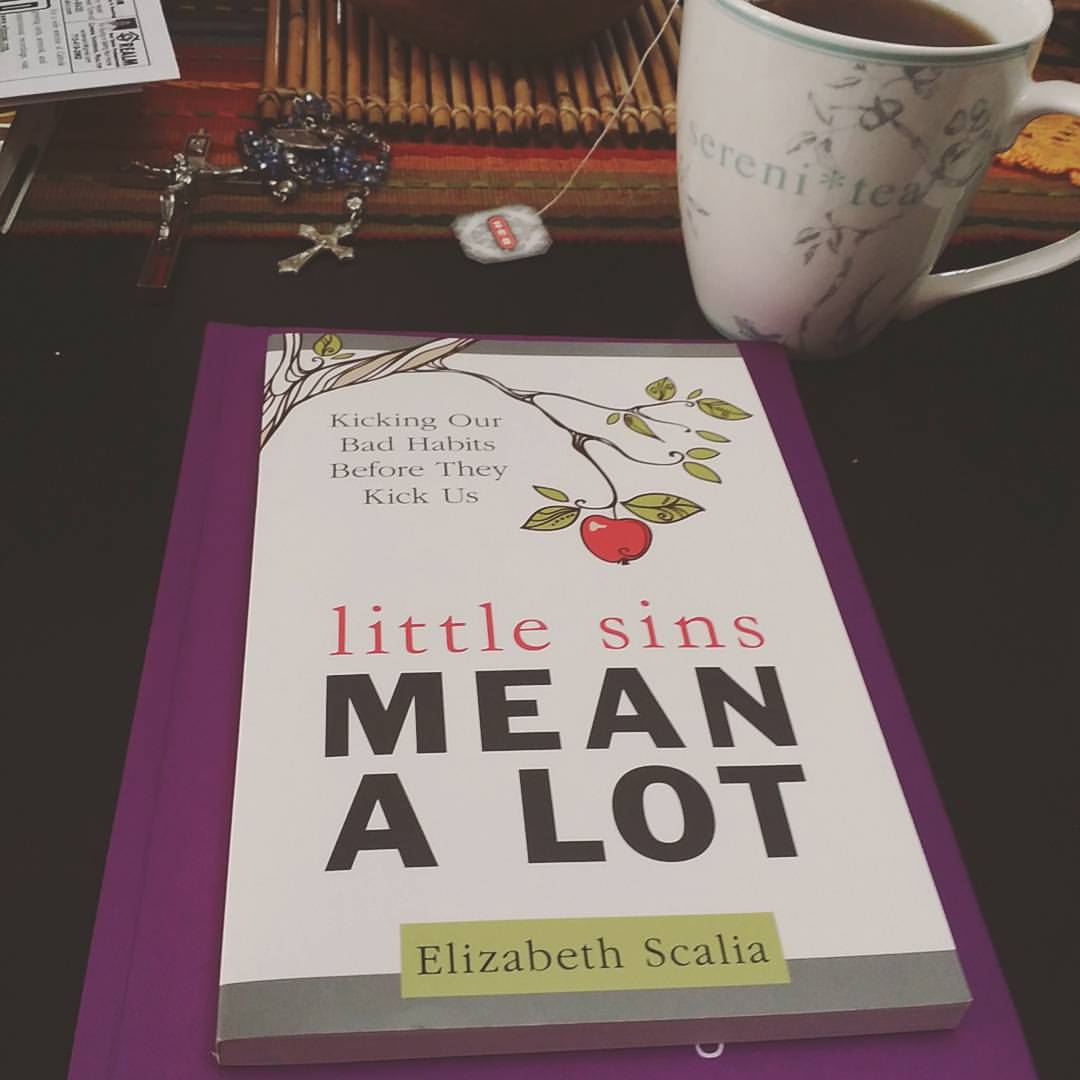Leah Libresco grew up as an atheist in New York. When she went to college, she picked fights with the most interesting wrong people that she met, who happened to be the campus Catholics. After a long series of coffees, late night conversations, and book swaps, she would up changing her mind and leaving her deontological beliefs behind to be recieved into the Catholic Church in 2012. She blogs about religion at Unequally Yoked and her first book, Arriving at Amen: Seven Catholic Prayers that Even I Can Offer explains how she learned to pray to God, instead of just argue about Him.
When I was browsing around the Patheos site in my college days, I used to see Leah Libresco on the atheist channel. When I saw her blog on the Patheos channel a few years later, I was like “Oh, she converted. Good for her.”
She delves a lot more about what life is like for her as a Catholic in her book Arriving at Amen. I’ll be posting a review on that later this week. For now, I wanted to ask Leah some questions relating to her book and about apologetics in general.
1) Where did the inspiration for Arriving at Amen come from?
Becoming Catholic wasn’t as simple as just changing my mind about God. I needed to learn how to have a spiritual life at all, and I couldn’t avoid prayers that were hard for me — that would have meant skipping all of them!
I wound up finding my way into prayer by relying a lot on analogies and examples from things I loved in the secular world (so, the repetition of ballroom dance helped tutor me in how to approach the Rosary, and some of what I’d learned about the Sunk Cost Fallacy helped me prepare for Confession). I hope that the book can be helpful both to anyone who is stymied by one of the seven prayer practices I discuss or someone who’s a little more comfortable but would like to see a prayer from a new angle.
2) What do you tell atheists when they ask you why you became Catholic?
Well, when I want to tell the whole argument, it usually takes about three hours and starts “There are three major schools of ethical reasoning: utilitarianism, deontology, and virtue ethics…” I can’t promise the short version is satisfying, but the gist is that the thing I was most certain of was that morality was real (something we discover, not something we construct) and that we were able to percieve it (albeit imperfectly). Holding on to this idea created a lot of confusion about how we wind up having access to a transcendent kind of truth, and, in the end, I was more sure of this than I was that God didn’t exist.
3) How do you balance working in news with apologetics?
Most of the time, there’s no balancing act at all — I don’t write apologetics at work; I cover statistics-heavy facets of the day’s news. The biggest way that my faith impacts my writing is that I try to reflect on the effect my pieces will have on my readers. I try to avoid writing anything that leaves the reader with a feeling of contempt or hatred, even if I’m discussing a tragedy that’s being treated callously. I want to follow the Campsite Rule and leave my reader better than I found them, and not just in terms of new facts discovered!
4) You’re obviously not one who shies against politics and religion. What are some tips for having a good civil debate?
A good debate is one that you and your opponent expect won’t be solved in a single conversation. It’s pretty hard for someone to find out that they’re wrong in a single argument (and it’s prudent to go home and reflect on what you heard before conceding completely). So, in general, you should be playing a long game. That often means I put less of my energy and attention into arguments I can’t stick with (drive by commenters, etc). Starting a fight means starting a relationship — I can only take on so many!
If you’re trying to lay the foundation for future conversations, you need to make it as pleasant as possible for your opponent to fight with you — after all, you want them to invite you over again for a second round. I try to do this by asking a lot of questions about whatever I’m genuinely curious about, making sure I really understand my opponent, rather than trying to box them in our first discussion. I try to be honest about which parts of my argument I think are weaker, so my opponent can trust me to be truthful and so that it’s clear it’s worth their time to ask questions of me.
5) With the recent news about the decline in Christianity, what are some reasons for staying Catholic?
I think there’s really only one — because I think it’s true. It would be silly to stay Catholic just for community or to not disappoint someone or because you haven’t made up your mind what you’re leaving for. Catholicism shapes my life in a way I wouldn’t want it to if I didn’t think it was rooted in truth.
6) Who are your go-to saints?
My confirmation saint is Augustine. I wanted a saint who had experience with some of my temptations (gnosticism, Manichaeism, and others) who I could turn to in faith that he knew the troubles I was having. I also really love St. Maximilian Kolbe, whose love cast out hatred when he volunteered to die for another prisoner in a concentration camp. I think about St. Catherine of Siena, but mostly in the context of how intimidating I find her, rather than in prayer! And I love the Breastplate of St. Patrick.
7) What advice would you give to young adults who don’t identify with any particular religion, fallen-away Catholics, and those just struggling with their faith in general?
Unfortunately, I don’t have any good advice in general. I think advice in this domain tends to be best when more specific and tailored to the particular person. If someone came to me and said that they were struggling with their faith, I’d wind up asking a lot of questions before I had any ideas on how to be helpful (including “What information or experiences do you think would give you peace on this topic?”). If the person were interested, I might recommend Fr. Thomas Green’s Weeds Among the Wheat, which is a book on Ignatian discernment, but, if I were going to summarize it in a single idea, I’d say this: make choices from a place of consolation, not desolation. If you’re not sure where you belong and feel conflicted/torn/lousy, try to think about what will lead you to a good choice, but also, just take care of yourself and be patient — don’t rush into anything without a feeling of peace and settledness about your choice. If you keep pursuing truth faithfully, that sense of being welcomed will come.

![DSC_2863_sm-1[1]](https://wp-media.patheos.com/blogs/sites/518/2015/06/DSC_2863_sm-11-300x199.jpg)











